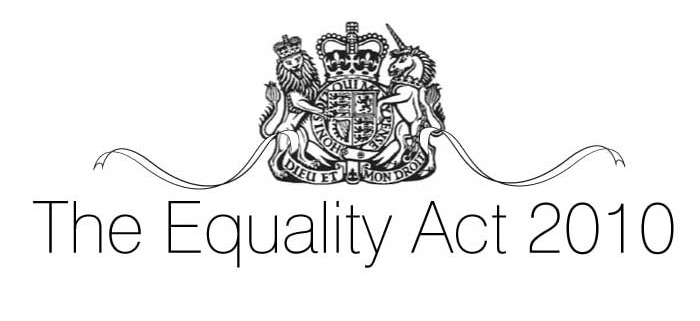What the UK Equality Act 2010 Means for Deaf People
In the United Kingdom, the journey towards equality and inclusivity took a significant step forward with the passing of the Equality Act 2010. This legislation not only aimed to protect the rights of various marginalised groups but also included provisions specifically designed to ensure that Deaf people have equal access and opportunities in various aspects of life. In this article, we delve into what the UK Equality Act 2010 signifies for the Deaf community.
Anti-Discrimination Provisions
The Equality Act 2010 enforces the principle of non-discrimination, making it unlawful to discriminate against individuals based on specific protected characteristics, including disability. For Deaf people, this means they are protected from discrimination related to their hearing impairment, ensuring they have the same rights and opportunities as those without hearing loss.
Equal Access to Services and Facilities
The Act outlines that service providers must make reasonable adjustments to ensure that their services and facilities are accessible to Deaf individuals. This includes provisions for Deaf individuals to access education, healthcare, public transport, and more on an equal footing with their hearing counterparts.
Communication Support
The Equality Act 2010 places an emphasis on ensuring effective communication for Deaf individuals. This includes provisions for auxiliary aids and services, such as sign language interpreters and real-time captioning, to enable Deaf individuals to access and engage with services and information effectively.
Accessibility of Public Transport
The Act sets standards for accessible public transportation. This means that transport providers are required to make reasonable adjustments to ensure that Deaf individuals can use their services without barriers. This includes provisions for visual and tactile information at stations, hearing loop systems on public transport, and clear communication with Deaf passengers.
Employment Rights and Equality
The Equality Act 2010 ensures that Deaf individuals are protected in the workplace. Employers are required to make reasonable adjustments to support Deaf employees, such as providing communication support or accessible workplace facilities. The Act also addresses issues related to recruitment and job opportunities for Deaf individuals.
Education and Equal Opportunities
The Act extends to education, guaranteeing that Deaf students have equal access to educational opportunities. Schools, colleges, and universities are obligated to make adjustments to support Deaf students in their learning, ensuring they can fully participate in their education.
We can help make you compliant
The UK Equality Act 2010 represents a significant milestone in the journey towards equality, ensuring that Deaf people have the same rights and opportunities as their hearing peers. By prohibiting discrimination, promoting accessibility, and emphasising effective communication, this legislation creates a more inclusive society.
It is essential to continue raising awareness of the Act’s provisions and ensuring that Deaf individuals can exercise their rights effectively. This not only benefits Deaf people but enriches society as a whole by celebrating diversity and fostering a culture of equality.
If you want to support and advocate for the rights of Deaf individuals or learn more about the provisions of the Equality Act 2010, consider connecting with organisations and resources dedicated to promoting equality and inclusivity.
If you feel you need to make reasonable adjustments to your business regarding captions, then we can help. Contact us today and let’s get the ball rolling on making certain you’re compliant with the Law. Together, we can work towards a more equitable and accessible future for everyone.




Leave a Reply
Want to join the discussion?Feel free to contribute!